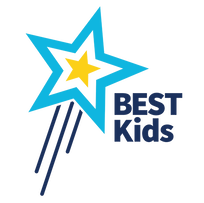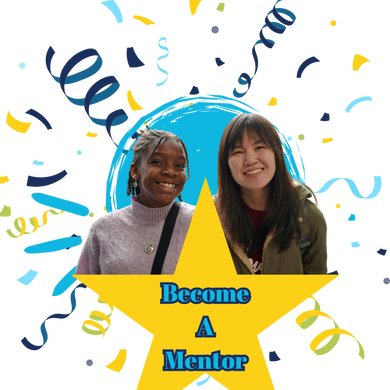|
|
Do you want to make a real difference in the life of a young person in foster care? Volunteer with BEST Kids and you can help re-direct their path towards a brighter future! As a mentor, you'll build a long-term relationship based on trust, consistency, and quality-time spent together. By doing so, you'll help to cultivate their social and emotional wellness, develop valuable life skills, and expand their world view. It's a rewarding experience that will not only positively impact their life but yours as well!
|
Benefits of becoming a BEST Kids Mentor:
|
- Must be 21 years old or older
- Intend to be in the area long enough to fulfill your minimum 1 year commitment
- Have access to a reliable vehicle; either you own a car or have a subscription to Zipcar, etc.
- Provide a clean driving record and clean criminal background record
- Willing to be consistent, have an open mind, and have fun!
- Complete COVID-19 vaccination required
- The first step in becoming a mentor is to fill out the online Mentor Application. Please be sure to fill out all the questions, including references, previous work experience, and any volunteer experiences.
- Once BEST Kids receives your application, we will review it and contact you within one to two business days.
- If BEST Kids determines that you are eligible for our program, we will schedule an in-person interview with you. The interview will take about 30-40 minutes.
- After the interview, we will review your references, application and interview materials. If accepted, you will receive an email informing you to begin the clearance process. This process takes 4-6 weeks to complete. Please review the BEST Kids Clearance Timeline. We will walk you through the process and offer additional assistance if needed. Remember, if the clearance process is done in a timely manner, you are only a few weeks away from beginning your journey as a mentor!
- Please read the Mentor Requirements and Responsibilities to understand what is expected of you once you begin mentoring.
- 94.4% of caregivers report seeing an increase in critical life skills in their child as a product of mentoring.
- After a year of mentoring, 100% of mentors and caregivers report that the youth feel increased support in their everyday lives.
|
x
Know someone who would be a great mentor? Refer them here and we will reach out to tell them more about BEST Kids!
|



